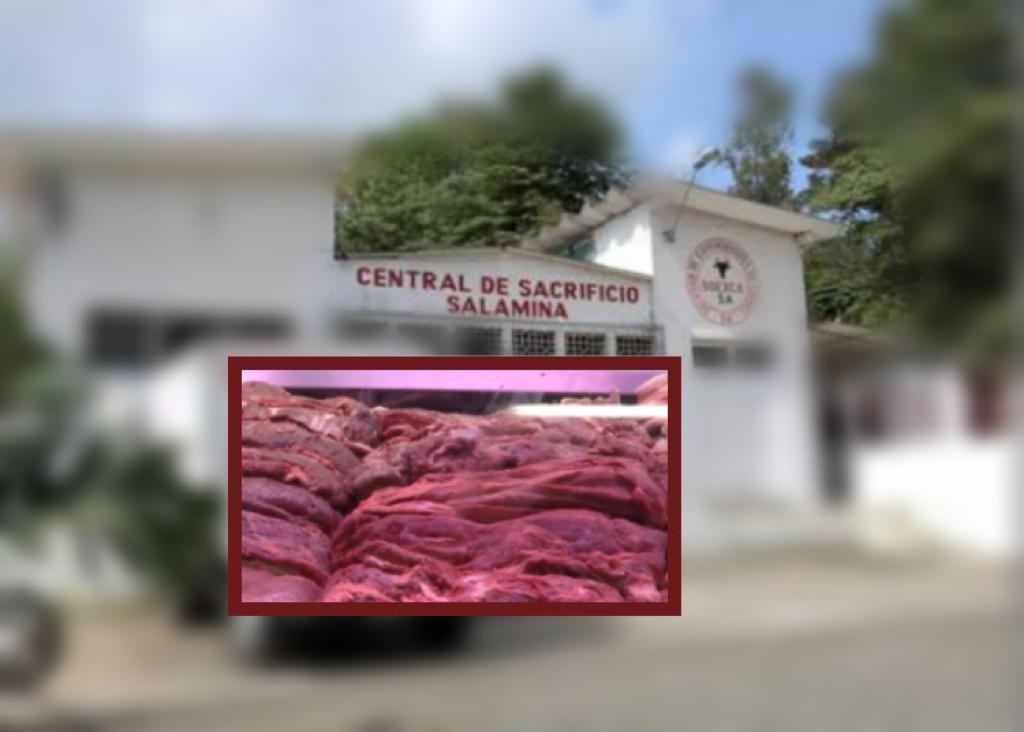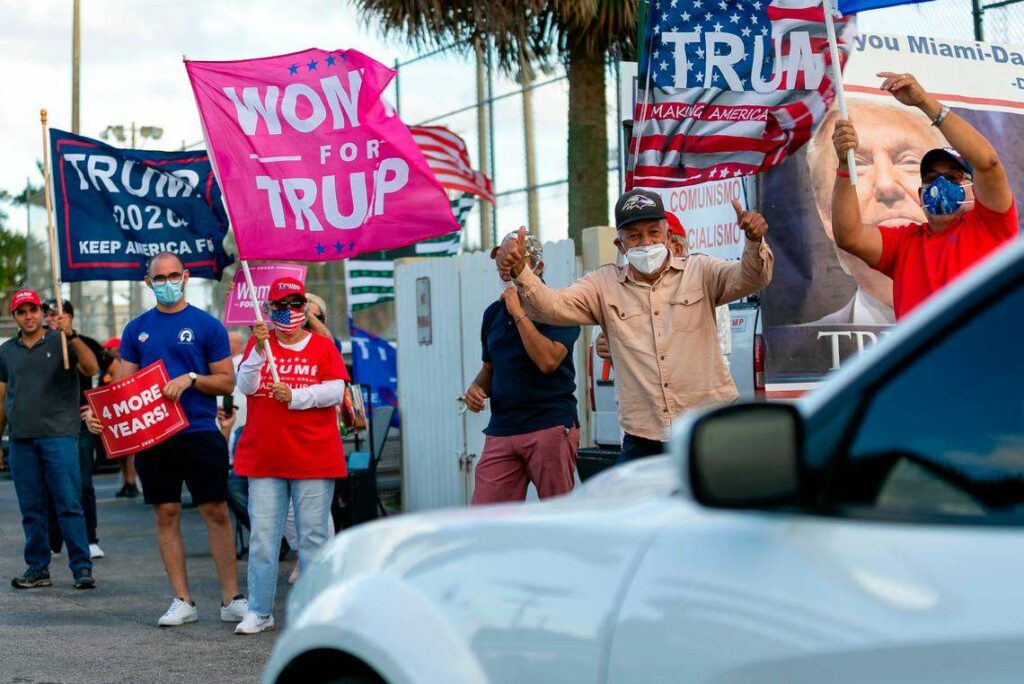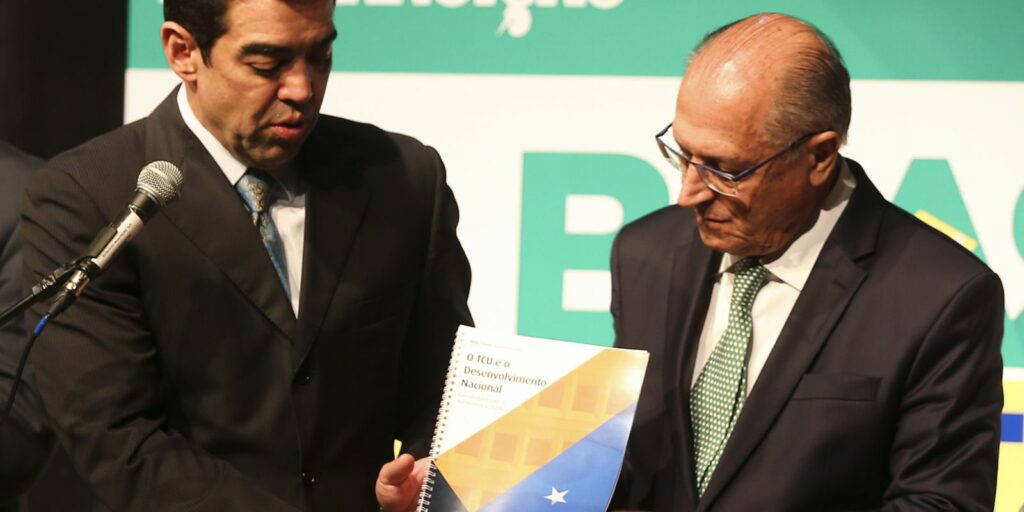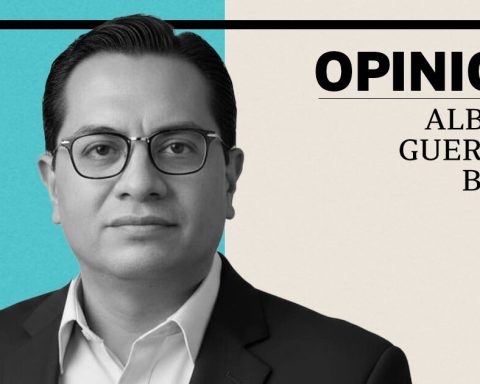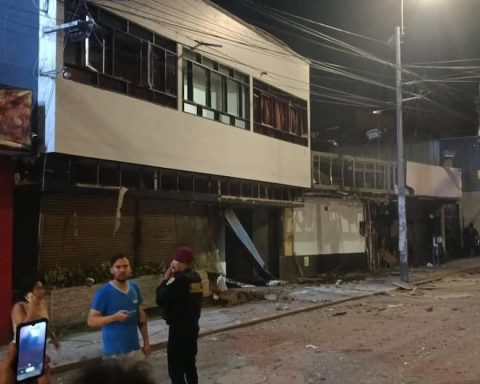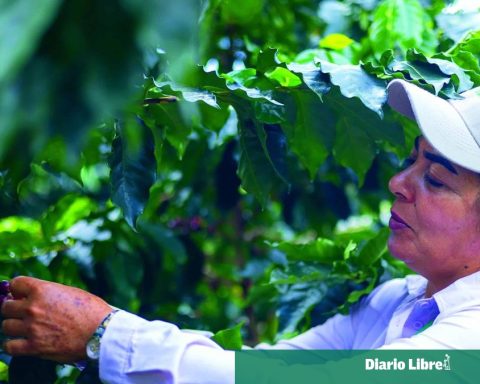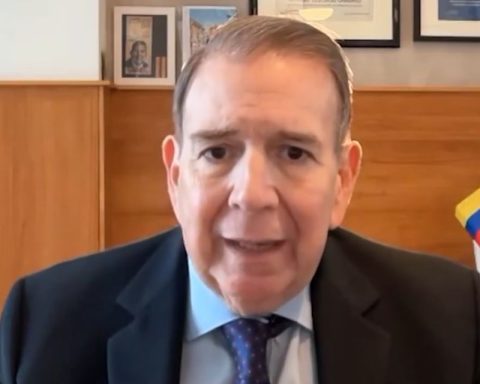The Colombian president reiterated that the figure of the slaughterhouse must be returned to end the monopolies that, in this case, would have the refrigerators. There is controversy in the country.
Colombian News.
The municipal slaughterhouses were working 15 years ago, however, after various problems including unsanitary conditions, they were closed and the refrigerators began to be formed, now again from the Presidency of Colombia it is proposed that they be reopened.
President Gustavo Petro said that it is time to “democratize the transformation of cattle for sale to the public.”
In his opinion, with these spaces, marketing costs can be reduced, because they have increased due to an “oligopoly” that does not allow farmers to market their products.
From the Casa de Nariño, where he celebrated the first 100 days of his Government, the president referred to the price of meat in Colombia, which is among the most important foods in the basic basket for many.
Currently, for example, a kilo of special caderita meat that at the beginning of 2022 cost 9 or 11 thousand pesos, today exceeds 16 and 17 thousand, or up to 20 thousand, depending on where it is purchased.
Petro considers it important that “all regions of the country return to municipal slaughterhouses”, since the livestock supply is closely related to the concept of the livestock cycle and the slaughter of animals.
In an open economy, with no more restrictions or benefits than those offered by the market itself, there is a price behavior determined by supply and demand.
He explained that the rancher conditions his decision to slaughter the cattle according to the characteristics of the market at that time.
What the president is referring to is that a “beef monopoly” is currently taking place.
“Colombia cannot be left in the hands of a meat refrigeration monopoly, that point has been reached because Invima (began in 2005) ended the figure of the municipal slaughterhouse, we must turn back”, were the words of the president .
On May 4, 2007, the government issued Decree 1500, which regulated the surveillance that would be applied to meat products in Colombia.
It was established that these places had to guarantee the cold chain and those that could not do so, had to close.
As a result, many slaughterhouses across the country ended up closing. Some managed to acquire the refrigerators and adapt to the new norm, which gave a term until 2016.
Since that year, 359 plants have been closed in the country.

According to the Association of Cold Storage of Colombia, in the country there are 270 slaughter plants that meet the requirements of Invima.
Meanwhile, in several, the police and the Prosecutor’s Office have even evidenced it, there are clandestine slaughterhouses and even horse slaughterhouses.
Proposal
“Today the internal price of meat has risen, not because it costs more, but because they have matched the international price of meat that they pay to the exporter of live cattle, and the product of that is hunger in Colombia,” he said.
“It is speculation and it occurs because there is a monopoly, more precisely an oligopoly, in the transformation of cattle into meat for sale to the public and this will be eliminated if it is democratized,” said Petro.
And then he ended by saying that: “Then INVIMA has to play the role of democratizing the economy and not concentrating the Colombian economy.”
“Meat is expensive in Colombia because they sell it to us at exporter prices. The @invimacolombia it ended with the municipal slaughterhouses. The country cannot remain in a monopoly of beef refrigerators “: President @petrogustavo ? pic.twitter.com/vff0P1KrnP
— Felipe Pineda Ruiz (@PinedaRuizBog) November 16, 2022
Guild Reactions
The association of refrigerators in Colombia, led by Álvaro Urrea, presented their arguments.
A slaughterhouse is worth between two thousand and three thousand million pesos, and the State has to provide resources to maintain it, he explained.
We must then put the cost-benefit, because such an investment to kill four or five cows a week, when they can be supplied from a national plant, and the most serious thing, that if it has a high cost, is public health.
Some users on social networks have also expressed discontent associated with animal abuse, inadequate disposal and poor sanitation of these processes.
“With health managed by Social Security and municipal slaughterhouses, we return to the Colombia of the 80s. 40 years behind in 100 days.”
With health managed by Social Security and municipal slaughterhouses (a place of animal cruelty, nauseating odors and the least bit of health) we return to Colombia in the 1980s.
40 years late in 100 days.
— Juliana Palacio (@julipalacioc) November 16, 2022
